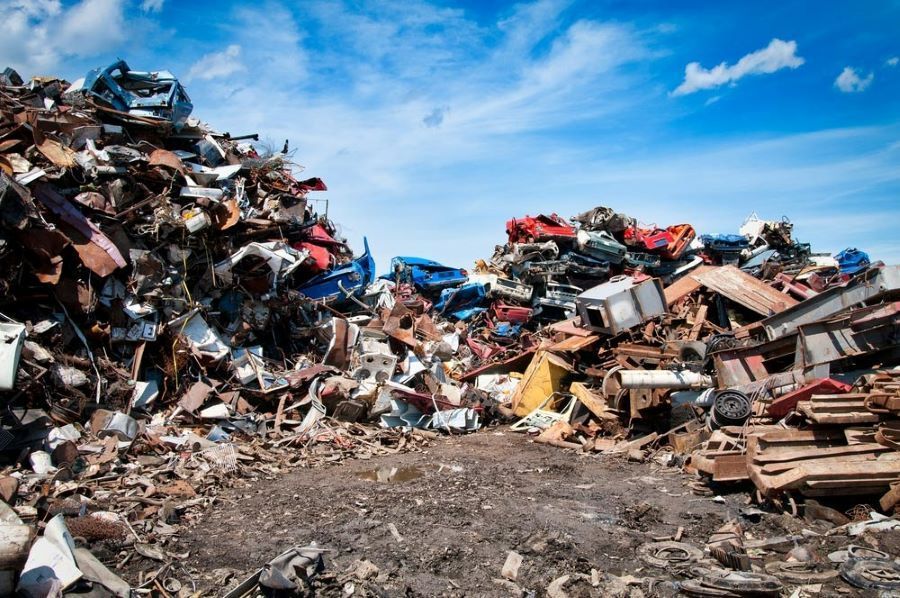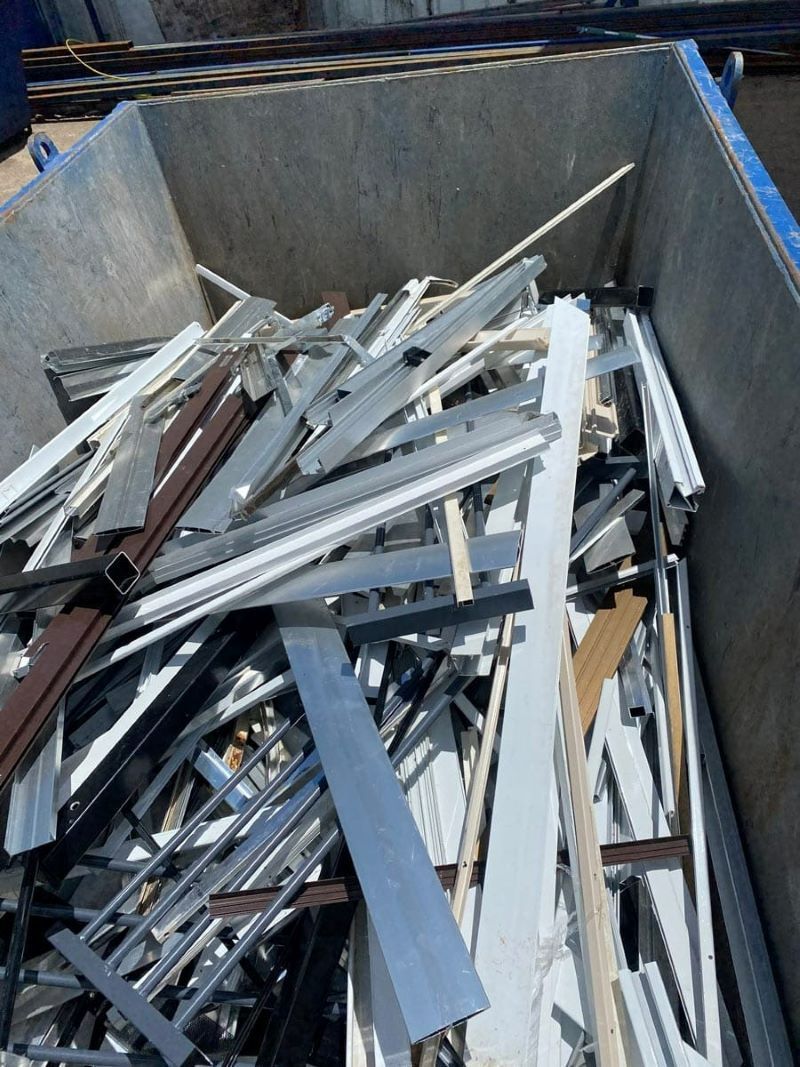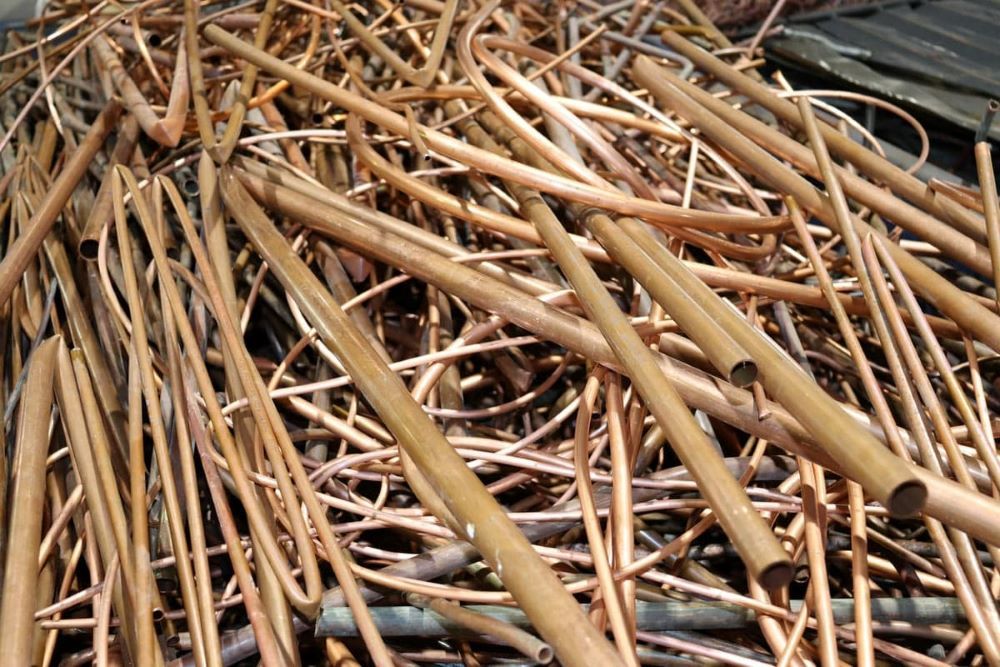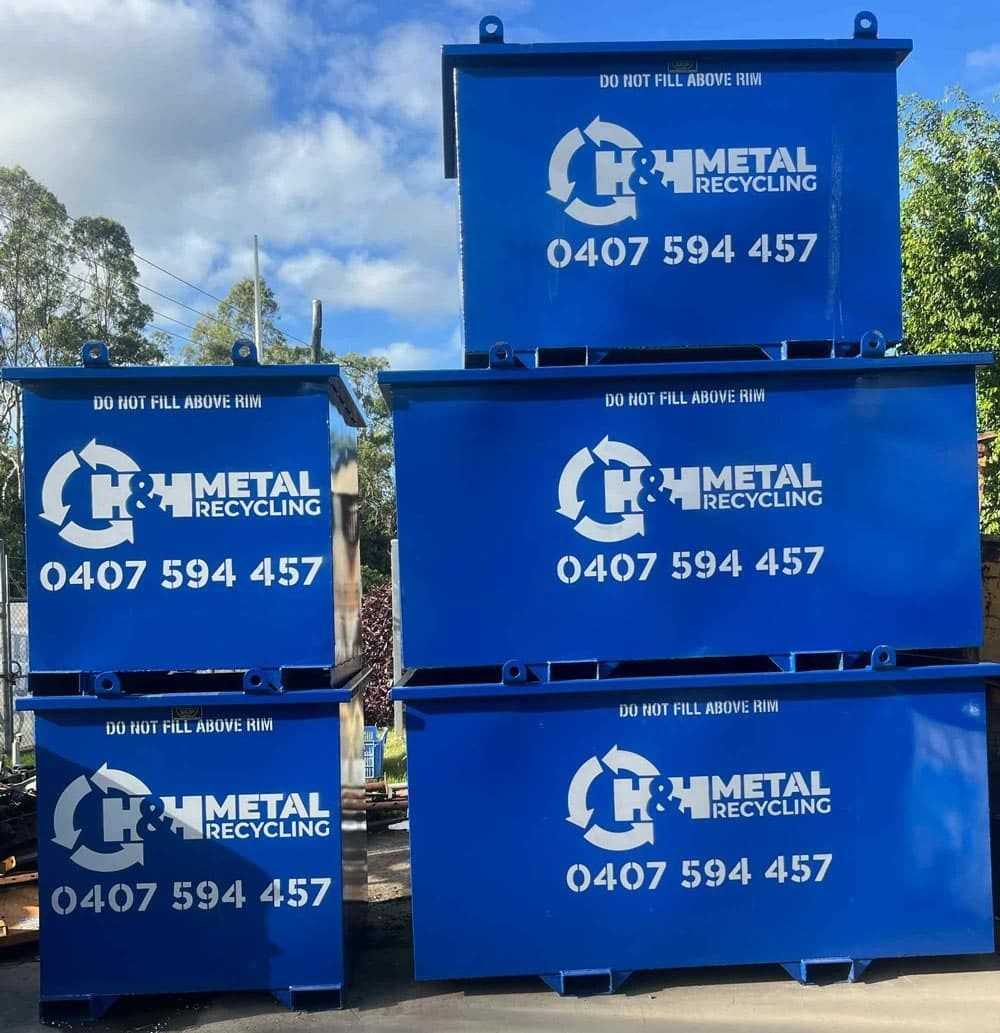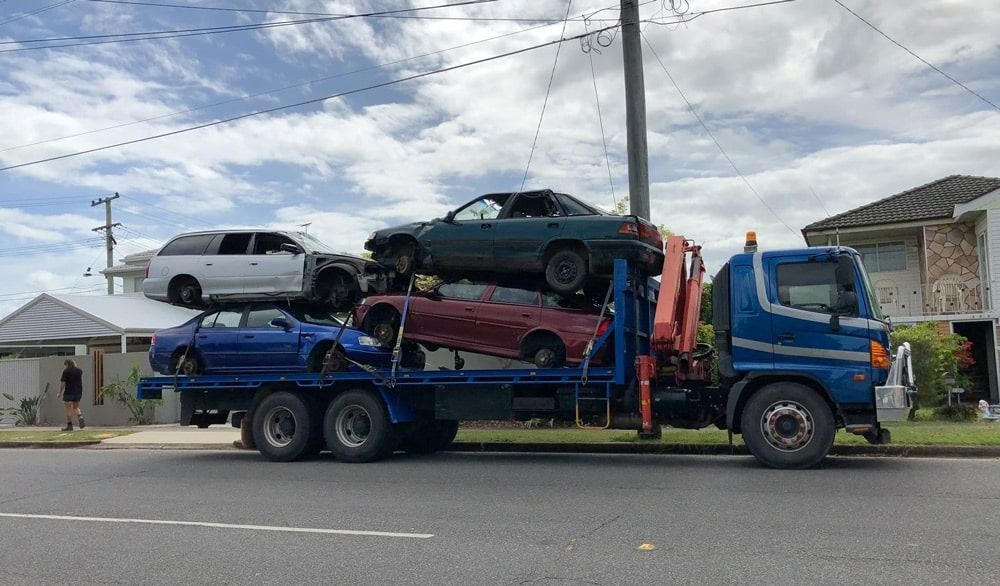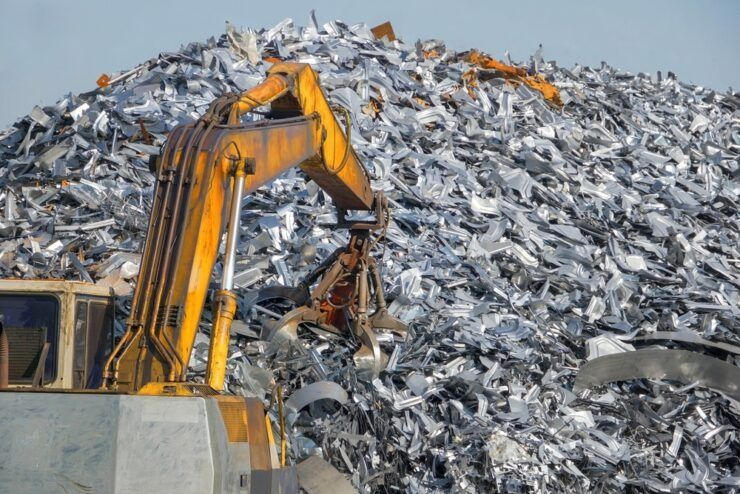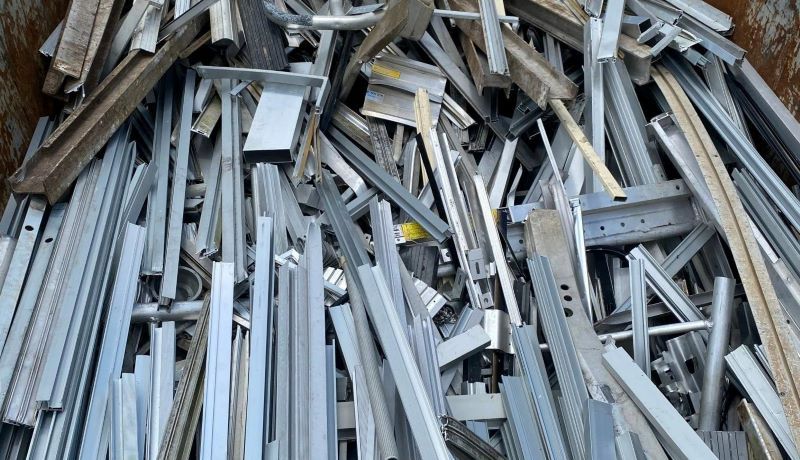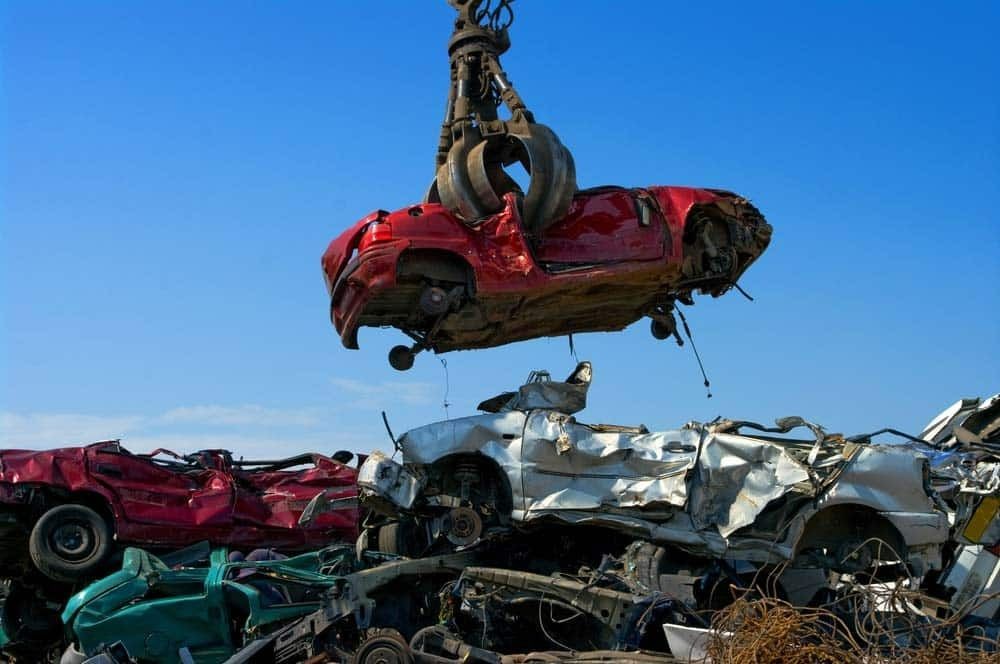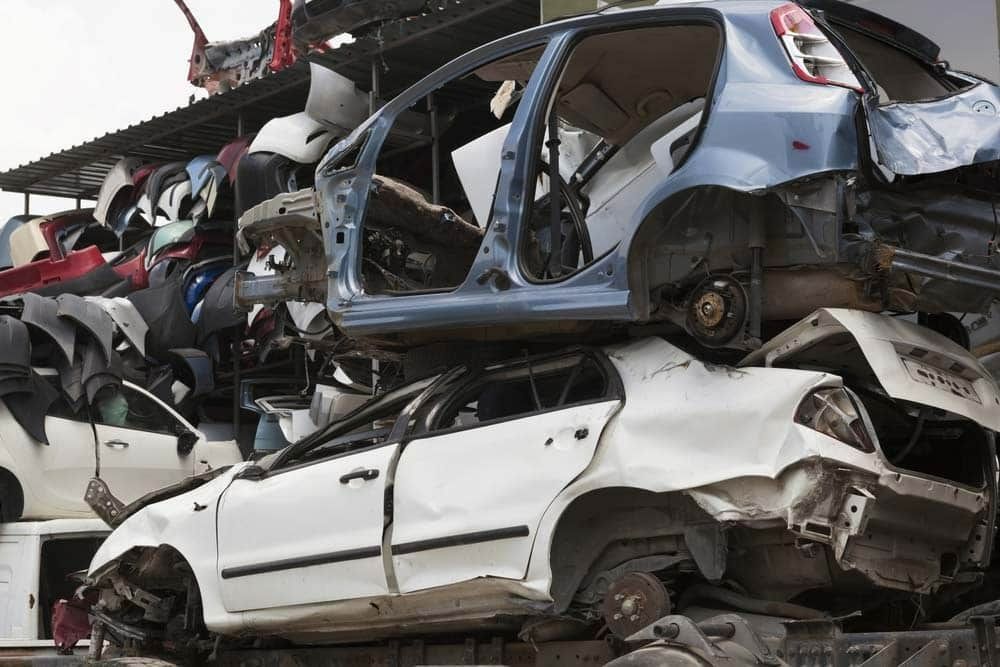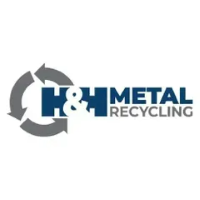8 Benefits Of Metal Scrap Recycling
Recycling is a vital component of modern sustainability efforts, and metal scrap recycling plays a crucial role in reducing environmental harm, conserving resources, and boosting economies. Whether you’re a homeowner looking to dispose of old appliances or a business handling industrial scrap, recycling metals helps create a cleaner, more sustainable world. In this blog, we’ll explore the key benefits of metal recycling on the Sunshine Coast, how it affects the economy, and why it’s more accessible than ever.
1. Environmental Protection: Reducing Waste & Pollution
One of the biggest advantages of scrap metal recycling is its positive impact on the environment. Mining for new metals requires extensive land excavation, which leads to deforestation, soil erosion, and water pollution. Additionally, industrial metal production contributes significantly to air pollution. Recycling reduces these harmful effects.
- Reduces landfill waste: Metals take hundreds of years to decompose. Recycling prevents unnecessary waste accumulation.
- Decreases water pollution: Metal mining contaminates water sources with toxic chemicals. Recycling minimises this risk.
- Prevents hazardous waste leakage: Many discarded metals contain harmful substances like lead or mercury, which can leach into the environment.
By participating in metal recycling, individuals and businesses actively reduce pollution and contribute to a healthier planet.
2. Energy Conservation: Lowering Industrial Energy Consumption
Recycling metals requires significantly less energy than extracting and refining raw materials. For instance, producing recycled aluminium saves up to 95% of the energy needed to manufacture it from raw ore. Similarly, recycling steel saves around 60% of energy.
Key energy savings in metal recycling:
- Aluminium: Uses 5% of the energy required for new production.
- Steel: Saves about 60-74% of energy compared to raw steel production.
- Copper: Saves around 85% of the energy needed to extract it from natural ores.
Metal recycling uses less energy and helps reduce fossil fuel consumption and greenhouse gas emissions, making industrial operations more sustainable.
3. Economic Benefits: Supporting Local & Global Economies
The metal recycling industry contributes significantly to local and global economies by creating jobs, supporting industries, and reducing production costs. In Australia, metal recycling supports thousands of workers in collection, processing, and transportation.
How metal recycling boosts the economy:
- Job creation: Recycling facilities employ thousands of people across various roles.
- Cost-effective manufacturing: Recycled metal is cheaper to produce, lowering costs for businesses.
- Supports small businesses: Local scrap yards and metal collectors benefit from the demand for scrap materials.
By embracing metal recycling, economies can grow sustainably, ensuring long-term resource availability while supporting employment and industrial development.
4. Resource Conservation: Preserving Finite Metal Reserves
Metals like aluminium, copper, and steel are finite resources, meaning once they are depleted, they are gone forever. Recycling ensures that these valuable materials remain in circulation for longer, reducing the strain on natural reserves and supporting sustainable development.
Why conserving metals is important:
- Reduces mining dependency: Less need for raw material extraction, which is environmentally destructive.
- Extends the lifespan of metals: Metals like aluminium and copper can be recycled indefinitely without losing quality.
- Prevents supply shortages: Recycling ensures steady availability of metals for industrial and consumer use.
Without recycling, the demand for new metal production would accelerate depletion, leading to higher costs and scarcity.
5. Reducing Greenhouse Gas Emissions: A Step Toward Sustainability
Mining and refining metals produce high levels of greenhouse gases (GHGs), which contribute to global warming. Recycling metals drastically reduces these emissions by requiring less energy and fewer resources.
Key emission reductions from metal recycling:
- Aluminium recycling reduces carbon emissions by up to 95%.
- Recycling steel cuts emissions by nearly 80%.
- Copper recycling reduces CO₂ emissions by over 85%.
Metal recycling cuts emissions, aligning with global climate goals. It helps industries, businesses, and individuals reduce their carbon footprint while contributing to a cleaner, greener planet.
6. Community Impact: Encouraging Sustainable Practices
Metal recycling benefits the environment and strengthens local communities by fostering sustainable habits and reducing urban waste. Many councils and businesses encourage metal recycling initiatives, making it easier for residents to participate.
How communities benefit from metal recycling:
- Reduces local landfill overflow: Less metal waste means cleaner cities and towns.
- Encourages responsible waste disposal: More people are becoming aware of sustainability through local recycling programs.
- Boosts environmental education: Schools and organisations promote awareness about metal waste and its effects.
By participating in recycling programs, communities contribute to a healthier and more sustainable future.
7. Convenience & Accessibility: How Easy It Is to Recycle Metal
One common concern is, “Where can I recycle metal?” The good news is that metal recycling is more accessible than ever, thanks to local scrap yards, municipal programs, and private recycling companies.
Ways to recycle metal easily:
- Drop-off recycling centres: Many cities, including the Sunshine Coast, have designated locations for metal recycling.
- Scrap metal collection services: Businesses offer convenient pickup services.
- Curbside recycling programs: Some local councils include metals in household recycling.
With so many options available, there’s no reason to let scrap metal go to waste.
8. Financial Incentives: Turning Scrap Metal into Profit
Many people don’t realise that scrap metal has monetary value. Recycling companies buy metal based on type and weight, making it a lucrative opportunity for individuals and businesses. By selling scrap metal, you contribute to sustainability and put cash back in your pocket.
Metals that can be sold for profit:
- Copper: One of the most valuable metals in scrap recycling.
- Aluminium: Widely accepted and easy to collect.
- Brass & stainless steel: Common in plumbing fixtures and appliances.
- Lead & zinc: Used in batteries and construction materials.
By recycling, individuals can earn extra income while helping the environment—a true win-win!
Experience the Recycling Benefits: Reach Out Now
At H&H Metal Recycling, we make scrap metal recycling effortless and rewarding. Our metal recycling services on the Sunshine Coast provide a hassle-free way for businesses and individuals to dispose of unwanted metal while contributing to a greener planet.
Are you looking for scrap metal recycling near you? Get in touch with our team today for personalised assistance or to learn more about our services. Together, we can make a sustainable impact.


